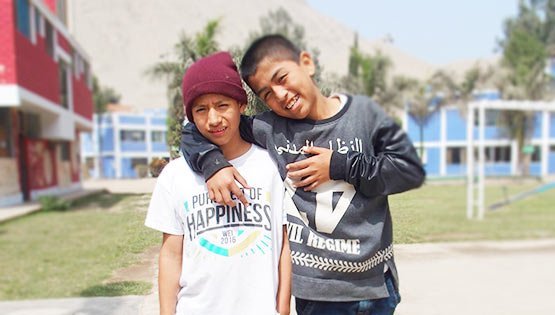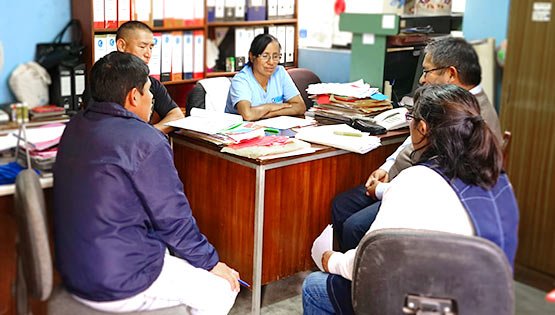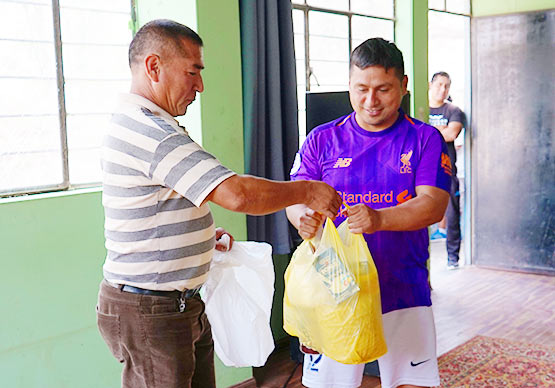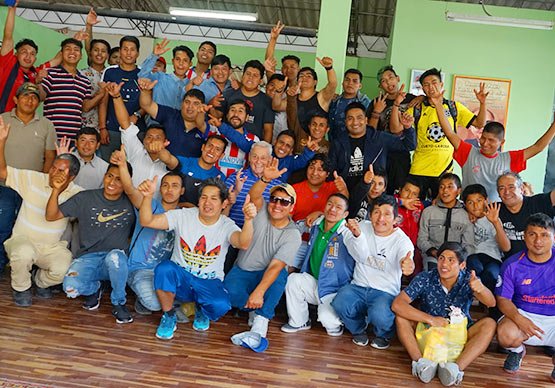

Discharge Occurs in 3 Cases:
- The child expresses their desire to leave. If the CIMA team gives approval, efforts are made to persuade the child to wait until the end of the school year to avoid disrupting their education. If the school year isn’t far along, the transfer to another educational institution is arranged. If the CIMA team believes the child isn’t ready, discussions with the child and their family begin. However, CIMA’s philosophy is based on the child’s free consent, and discharge is never prevented. Instead, the family is contacted to prepare for the discharge and facilitate social and family reintegration.
- The team considers that the conditions for discharge are met (positive behavioral change in the child and good family conditions). If the child feels ready to reintegrate into their family, the discharge is prepared.
- The young person has turned 18. The discharge of a legal adult is a legal obligation.
In the months leading up to the young person’s departure, preparations are made.
Conducting Follow-up
- After discharge, follow-up is carried out by social workers through family visits. Usually, one visit is made, and if necessary, more follow-ups are conducted. Sometimes, CIMA also offers financial support to children who are still in school when the family cannot afford the costs.
- CIMA maintains collaborations with organizations that have programs in which young people can participate after discharge. Among others, the RUNAYAY association, founded by a former CIMA volunteer, specifically supports young people who have left CIMA and two other homes. RUNAYAY supports young people for a period of 3 years, helping them find housing, and providing a study and work program. RUNAYAY also offers recreational craft workshops, productive workshops, job placement workshops, and psychosocial support to help them build a life plan. The goal is not only the job placement of the young people (90% of them find formal and stable jobs) but also their personal development (strengthening their ability to face problems constructively). This program is open to young people over 16 years old who have spent at least 1 year at CIMA and show a desire to participate in the program.


